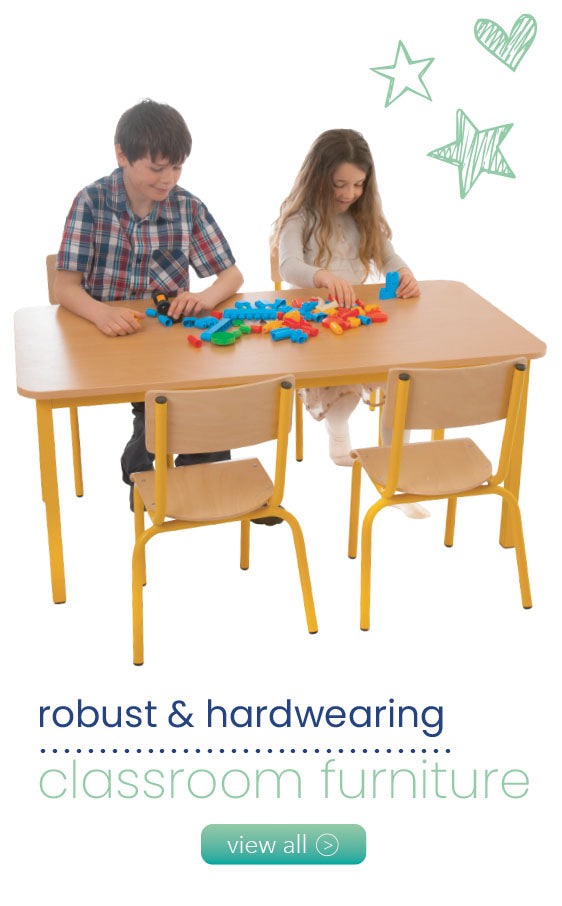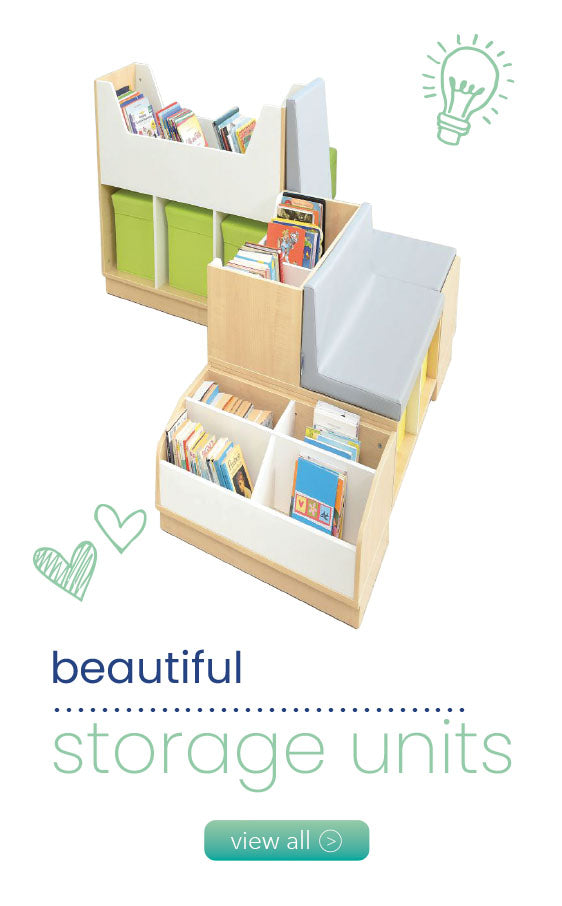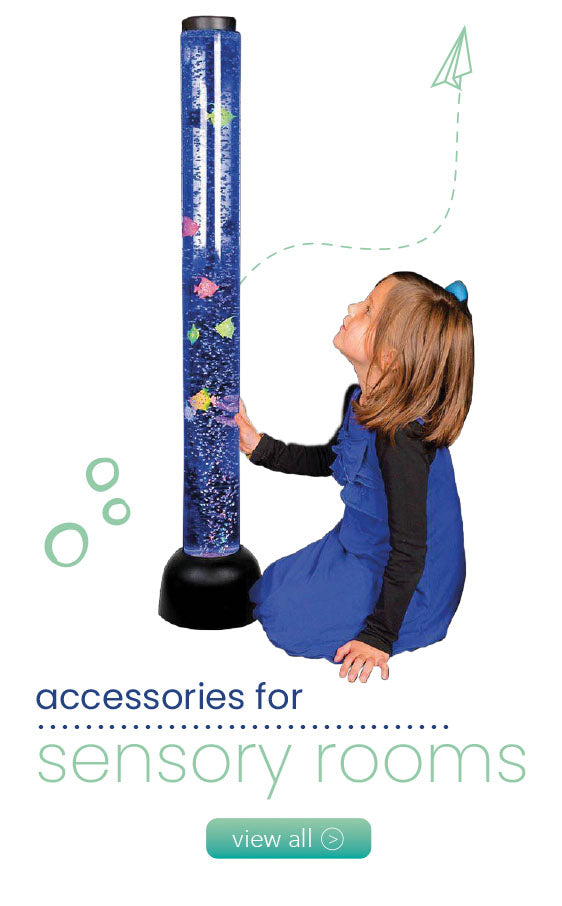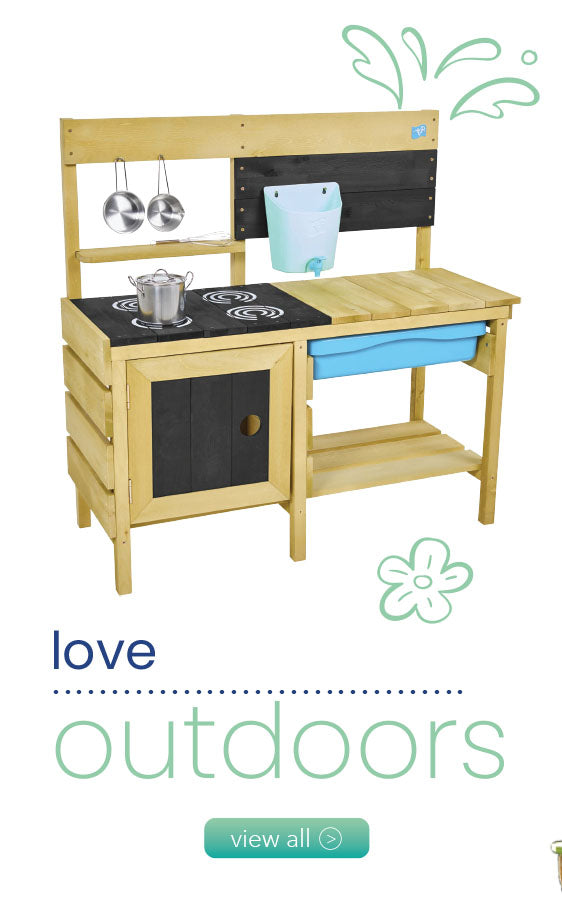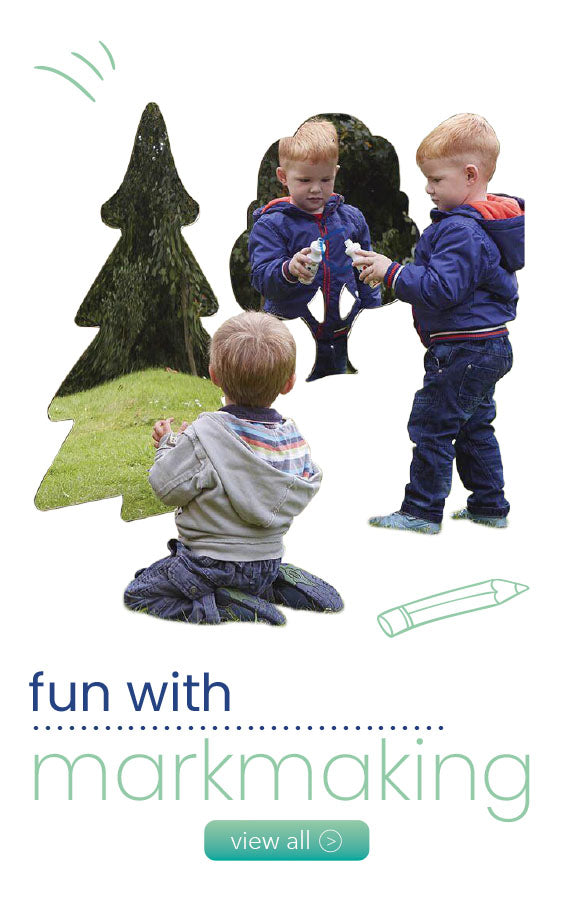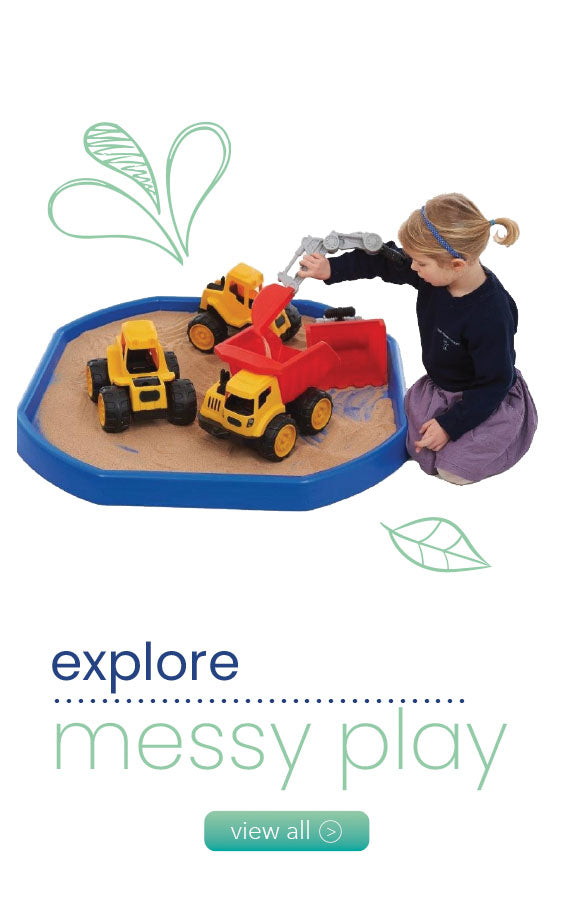A mother’s guide to navigating sensory issues

Since becoming a mother, a lot has changed in my life! Sleepless nights, pared-down beauty regimes and speed shopping are now all the norm. The biggest change has been my late night frenzied googling. This is where I frantically google something I think may be wrong with my child because he has only managed one (a week) of his five a day! Diagnosing rickets at three in the morning is never a good thing.
After a routine check-up with the health nurse, the number one searched phrase on my phone became “sensory”. I was overloaded with all these terms and issues children have and all I could think was I don’t understand anything. Having trained as a Montessori teacher and having worked with children with additional needs I never thought I would doubt my own ability so much.
For my own sanity I took a little break from social media and began to make sense of this term “sensory”. I sat down and spoke with my partner and after some relaxed researching, this is the best way I can explain what my son experiences daily. My son has difficulty processing and organising information that he receives from his senses. Because of this he can experience a sensory overload where small tasks can become very difficult.
This happened one day we were walking on the beach, the clouds moved and obscured the sun from view. The sudden change from bright to dark was too much for my son to process and he became very scared. He did not understand what had happened as the message sent from his eyes to his brain was not picked up or maybe it was misplaced somewhere?! His brain found it hard to organise the message he received from his senses and because of this his response to an everyday occurrence was fear. He was afraid because he did not understand what was happening. I needed to simplify the information I had gathered on sensory issues, so I could try and help my son on a practical level.
I decided to focus on the most basic thing I could, our routine. In the morning I go through what will happen for the day I even include things I may see as trivial. It usually starts with ‘It’s a playschool day so will you pick your clothes for me. I will be back to collect you when you are in Denise’s room making magnets with Tommy.’ When I collect him, I need to explain that it is dark but not bed time and that we must make the dinner for daddy. If we need to go to the shop I have to mention this as soon as he is in the car, so he has time to brace himself for the noisy shop. This continuity of routine has helped a lot.
On the weekdays we are both tired and both prone to emotional meltdowns, so I find once we communicate and he knows what is happening we can complete all our jobs together, happily and calmly. I think coming from a teaching background I was used to structure in my day and things happening in a certain way. This need for structure was the hardest and the best thing I ever shook off. Yes, we have a plan for our day, but it very much depends on my son. If he can’t face a bath, then that’s fine I will try later. I have learned to go with him and more importantly go easy on him and myself and remember to always be on his side.
Sensory processing disorder is not something I have been lectured in, but it is something I experience everyday and it is something I no longer find dauting or scary.
More importantly it is no longer something I frantically google in the middle of the night.



